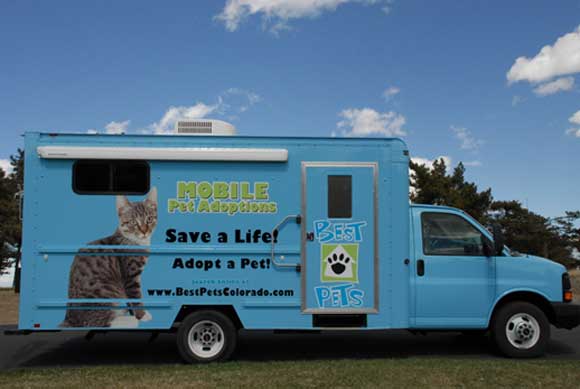Why Adopt From A Shelter
Shelters have all shapes and sizes of lovable mutts, purebreds, all-American cats, shaggy dogs, puppies and kittens, teenagers and oldsters. Your chances of finding a wonderful companion who matches your lifestyle, family, and home are excellent! About 25 percent of these animals are purebreds. But if you're looking for a truly one-of-a-kind pet unlike anyone else's, animal shelters offer the best selection anywhere of smart, healthy, lovable mixed-breed cats and dogs. According to the Humane Society of the Unites States, mutts are America's dog of choice, accounting for nearly 60 percent of all pet dogs. And their numbers are increasing. For good reason: As dog trainer and author Brian Kilcommons explains, "Mixed breed dogs are often healthier, longer-lived, more intelligent, and of more stable temperament than purebreds. This is due to what geneticists call hybrid vigor."
Shelter animals make great pets. A "secondhand" pet in no way means second-rate. On the contrary, shelter workers have often observed that many shelter animals seem to sense what they were up against and become among the most devoted and grateful companions. Most shelter residents are healthy, affectionate animals. Many have already lived with a human family and have the basic training, socialization, and cooperative skills they need to become part of your household.
Dogs, cats, and small mammals like guinea pigs, rabbits, and rats end up in shelters because of circumstances beyond their control. They're victims of a death, illness, divorce, or a move that didn't include them. Or they were displaced by a new baby, or their owners just didn't learn how to train them. Shelters have the animals' best interests at heart.
Animal shelters are either government or private nonprofit agencies. Their primary mission is to find the best possible permanent homes that suit the individual animals they shelter. Most shelters, but particularly those well staffed with volunteers, become familiar with the disposition of each animal. If an animal has lived with a family before, then his history and behavior often are also known. This knowledge helps the staff make optimal matches between homes and pets and helps you in making adoption decisions. Shelter pets can be a real bargain, too! For an adoption fee between $60 and $100, you can adopt an animal that might cost several hundred dollars through other means. The adoption fee usually includes spay or neuter surgery, worming and vaccinations, and a certificate for a free health checkup. In addition, shelters offer free educational literature on all aspects of pet ownership, and they often provide ongoing advice and guidance at the shelter, over the phone, and through classes.


